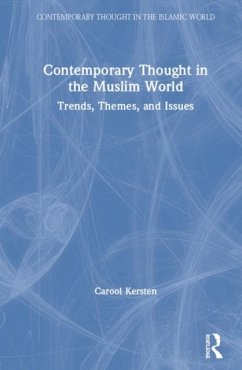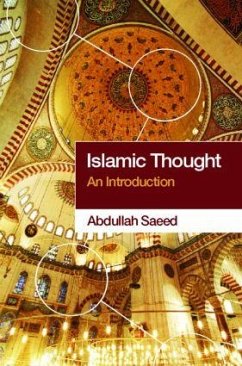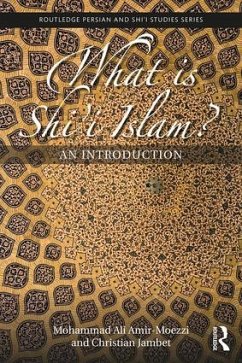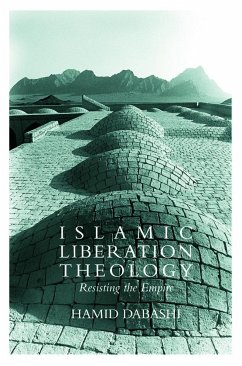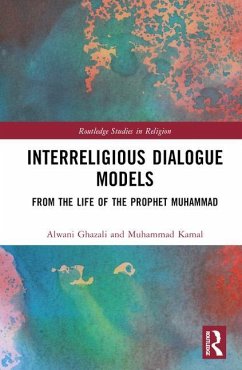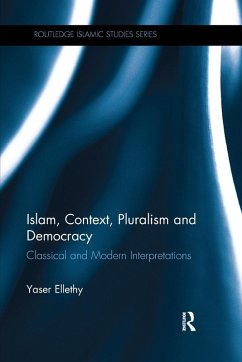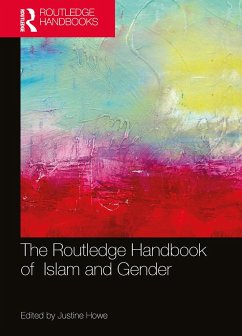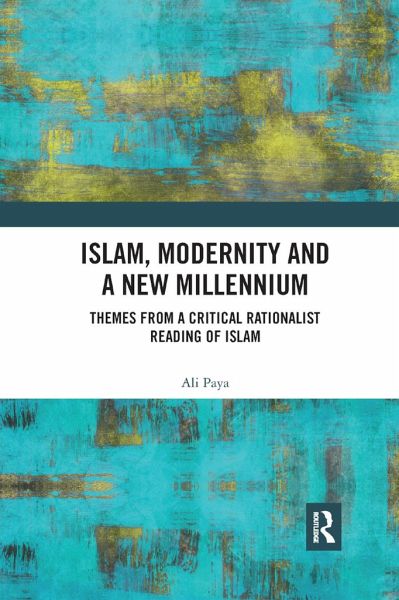
Islam, Modernity and a New Millennium
Themes from a Critical Rationalist Reading of Islam
Versandkostenfrei!
Versandfertig in 6-10 Tagen
48,99 €
inkl. MwSt.
Weitere Ausgaben:

PAYBACK Punkte
24 °P sammeln!
As the world becomes increasingly globalised Islam faces some important choices. Does it seek to "modernise" in line with the cultures in which it is practised, or does it retain its traditions even if they are at odds with the surrounding society? This book utilizes a critical rationalist viewpoint to illuminate many of the hotly contended issues in modern Islam, and to offer a fresh analysis.A variety of issues within Islam are discussed in this book including, Muslims and modernity; Islam, Christianity and Judaism; approaches to the understanding of the Quran; Muslim identity and civil soci...
As the world becomes increasingly globalised Islam faces some important choices. Does it seek to "modernise" in line with the cultures in which it is practised, or does it retain its traditions even if they are at odds with the surrounding society? This book utilizes a critical rationalist viewpoint to illuminate many of the hotly contended issues in modern Islam, and to offer a fresh analysis.
A variety of issues within Islam are discussed in this book including, Muslims and modernity; Islam, Christianity and Judaism; approaches to the understanding of the Quran; Muslim identity and civil society; doctrinal certainty and violent radicalism. In each case, the author makes use of Karl Popper's theory of critical rationalism to uncover new aspects of these issues and to challenge post-modern, relativist, literalist and justificationist readings of Islam.
This is a unique perspective on contemporary Islam and as such will be of significant interest to scholars of Religious Studies, Islamic Studies and the Philosophy of Religion.
A variety of issues within Islam are discussed in this book including, Muslims and modernity; Islam, Christianity and Judaism; approaches to the understanding of the Quran; Muslim identity and civil society; doctrinal certainty and violent radicalism. In each case, the author makes use of Karl Popper's theory of critical rationalism to uncover new aspects of these issues and to challenge post-modern, relativist, literalist and justificationist readings of Islam.
This is a unique perspective on contemporary Islam and as such will be of significant interest to scholars of Religious Studies, Islamic Studies and the Philosophy of Religion.





